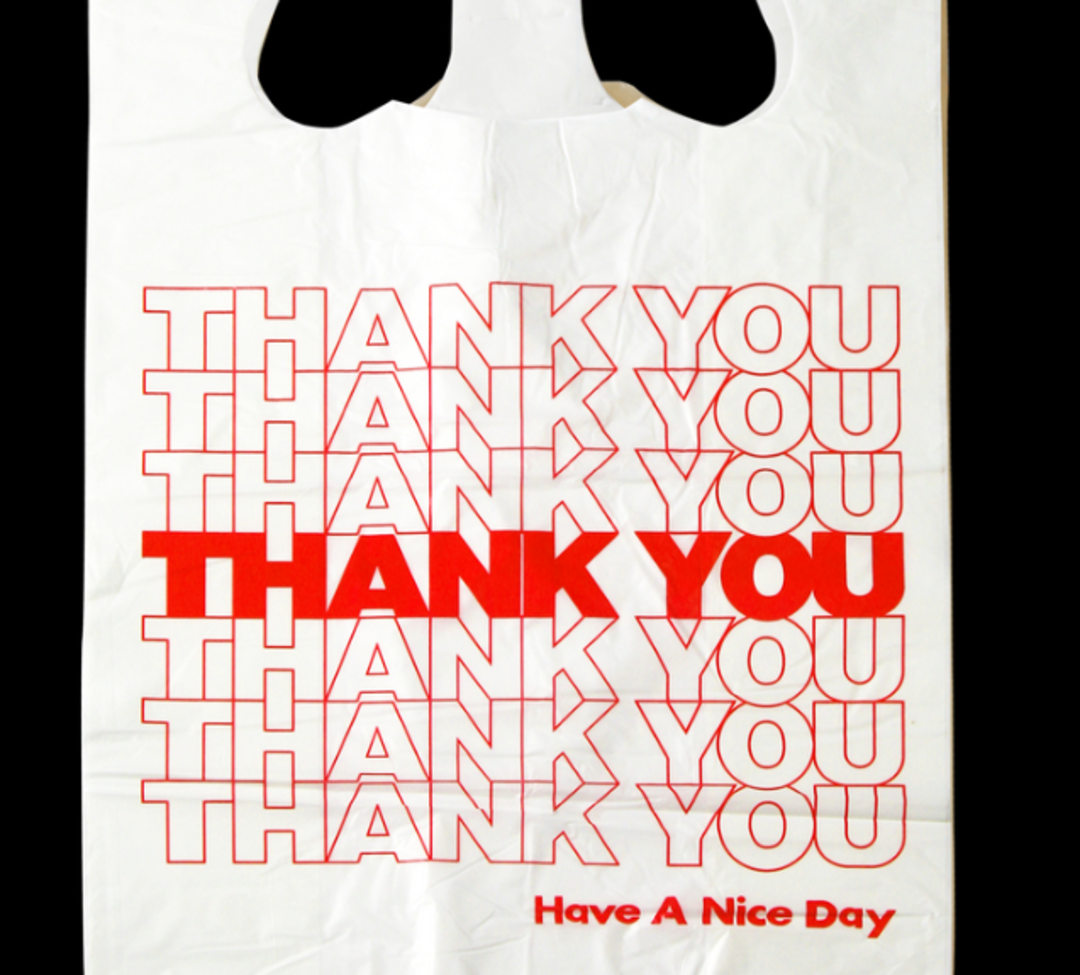On Other Blogs Today: Sonics Tug-of-War, the War on Drugs, and the "War on Cars"

OOBT
1. All the Sonics news that's fit to print.
First up: The Sacramento Bee reports the NBA has asked a group of potential Sacramento investors in the Kings to compensate Seattle's investor group for a $30 million deposit they put down on the team if Seattle doesn't get the team. Additionally, the Bee reports, attorneys who have threatened to sue the city of Sacramento over its arena development plans now charge that the city has understated the potential public investment in the arena complex.
Meanwhile, KOMO reports that Sacramento Kings partner David Lucchetti, who currently owns 1 percent of the team, says he plans to exercise his right of first refusal to buy the 7 percent of the team that's currently tied up in bankruptcy court. Hedge-fund manager Chris Hansen, Seattle's lead investor, had planned to buy that portion of the team for $15.1 million.
Finally, the Maloof family, which owns the Kings, has set a deadline of Friday, April 19, for the Sacramento group of investors to come up with an offer to buy the Kings. The Sacramento Business Journal reports that, according to the Bee, the Maloofs have said they will give a counterproposal "serious consideration" if the NBA board rejects the deal they already have in place with Hansen.
2. The PI.com reports that one year after Seattle's ban on plastic bags took effect, the city has issued no fines and has only one inspector devoted to making sure grocery stores and other retail outlets don't give away plastic bags, which can't be effectively recycledand typically end up in the waste stream, where they last, basically, forever.

Image: Shutterstock
The problem, according to the PI, is not just a lack of enforcement officers; it's also the meager size of the fine for violating the ban ($50); the fact that the city relies on citizen reports to find out which businesses are violating the ban; and the fact that the city typically issues multiple warnings instead of fining businesses for violations. All of which helps explain why businesses from mom-and-pop corner stores to Bartell Drugs are still able to get away with handing out a free plastic shopping bag to any customer who wants one.
3. On his blog, city council member Nick Licata argues that the city's multifamily housing tax exemption program (MFTE for short) is going to reduce the city's tax revenues over the long run, although the city's housing office has said it's not prepared to say how much of a hit the city will take. The program, aimed at producing low-income housing, exempts developers from property taxes in exchange for setting aside 20 percent of units in a development for moderate-wage workers.
Conlin, who opposed the program in 2008, writes, "Each of the times over the last 12 years that program changes were made, the Council and the public was told that there was no general fund impact resulting from the program because the tax reduction developers receive were actually offset with increased property taxes for all other property owners. Today we found out that this is not the whole story and that some portion of the exempted property taxes is forgone altogether."
4. FireDogLake reports that five months after Washington State and Colorado legalized the recreational use of marijuana, the Congressional Research Service has outlined three potential approaches the Obama Administration could take toward the state laws, which conflict with federal law outlawing marijuana use.
The first: Federal prosecution, either of pot smokers (not very practical, because it would require a huge federal expenditure) or of commercial marijuana sellers. The second: Seizing property associated with marijuana production and sales. The third: Filing a lawsuit in federal court charging that federal drug law preempts state law, and that the Washington and Colorado laws are therefore illegal. The fourth option, of course, is that the feds could do nothing. The Obama administration has not said which way it is leaning on the legalization dilemma.
5. Far be it from me to defend Mayor Mike McGinn's insistence on building a new streetcar line up Eastlake and a new transit-only bridge across the Ship Canal (last year, I wrote that Seattle has more pressing transportation needs than a streetcar in a corridor that is already well served by transit) but Dori Monson's prediction that proposing a $500,000 study of the proposal (plus a $300,000 study of rail between South Lake Union and the U District) will "end McGinn's political career" is daffy.
Besides the fact that $800,000 simply isn't that much money, the money's already in the city budget; McGinn's proposal (despite all the fanfare with which he announced it) would simply move the spending up a year.
Furthermore, Monson bases his claim that rail wouldn't carry many riders on ridership on Sounder trains from Everett to Seattle—in other words, comparing a suburban commuter train that runs four times a day, each way, at peak hours, and is plagued by frequent mudslides ... to an inner-city streetcar running at frequent intervals that links dense urban neighborhoods.
Maybe Dori just hasn't ridden transit lately and doesn't understand the profound difference between long-distance commuter rail and short-haul city streetcars. Or maybe he's being disingenous to promote the tired "war on cars" meme. Personally, I'm going with the latter.




